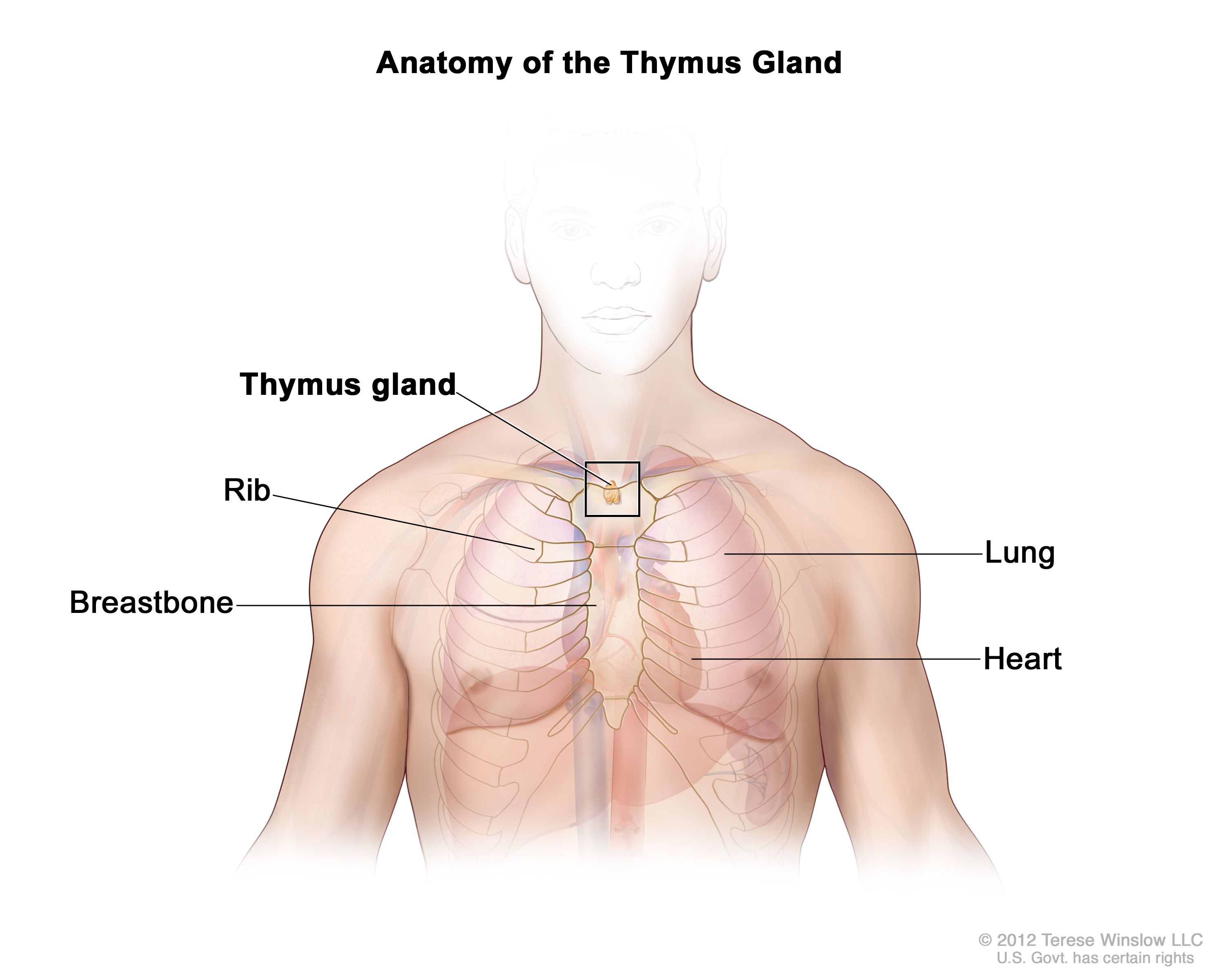Surgery may be used to treat cancer, or it can help prepare the body for other types of treatment. It can also ease symptoms or side effects of cancer and its treatments. Dr Surender Dabas is the best surgical oncologist in India.
Overview of Thymus cancer
Thymus cancer, also known as thymoma or thymic carcinoma, is a rare type of cancer that originates in the thymus gland. The thymus is a small organ located behind the breastbone and is a part of the lymphatic system and immune system. Thymus cancers can be classified into thymomas and thymic carcinomas, each with its own characteristics and treatment approaches.
1. Thymoma:
Thymomas are slow-growing tumors that develop from the cells of the thymus gland. They are generally less aggressive than thymic carcinomas. Thymomas are further classified into several subtypes based on their microscopic appearance and characteristics.
2. Thymic Carcinoma:
Thymic carcinomas are more aggressive and tend to grow and spread more rapidly than thymomas. They are less common but can be more difficult to treat successfully.
3. Causes and Risk Factors:
The exact cause of thymus cancer is not well understood. There are no well-established risk factors like tobacco or alcohol use, which are associated with many other types of cancer. However, certain conditions such as myasthenia gravis (a neuromuscular disorder) and other autoimmune disorders are sometimes linked to an increased risk of thymus cancer.
Symptoms:
Thymus cancer often doesn't cause noticeable symptoms in its early stages. As the tumor grows, it can cause symptoms related to its size and location, including:
- Chest pain or discomfort
- Coughing
- Difficulty breathing or shortness of breath
- Trouble swallowing
- Hoarseness
- Unintended weight loss
Diagnosis:
Diagnosing thymus cancer involves several steps: - Imaging tests: These may include chest X-rays, CT scans, MRI scans, and PET scans to visualize the tumor and assess its extent. - Biopsy: A tissue sample is taken from the tumor and examined under a microscope to confirm the diagnosis and determine the tumor type and subtype.
Staging:
Staging determines the extent of the cancer's spread and guides treatment decisions. Thymic cancers are typically staged from Stage I (localized disease) to Stage IV (advanced disease that has spread to distant organs).
Treatment:
Treatment options for thymus cancer depend on the type, stage, and the patient's overall health. Treatment may involve surgery, radiation therapy, chemotherapy, targeted therapy, and immunotherapy. The specific approach used will be determined by a multidisciplinary team of doctors specializing in cancer care.Due to the rarity of thymus cancer, seeking care from medical centers with expertise in treating this condition is important to ensure the best possible outcome.
